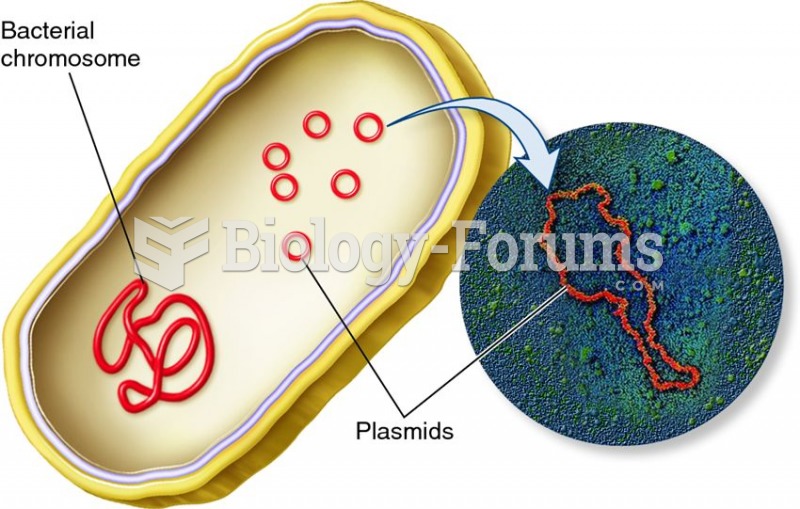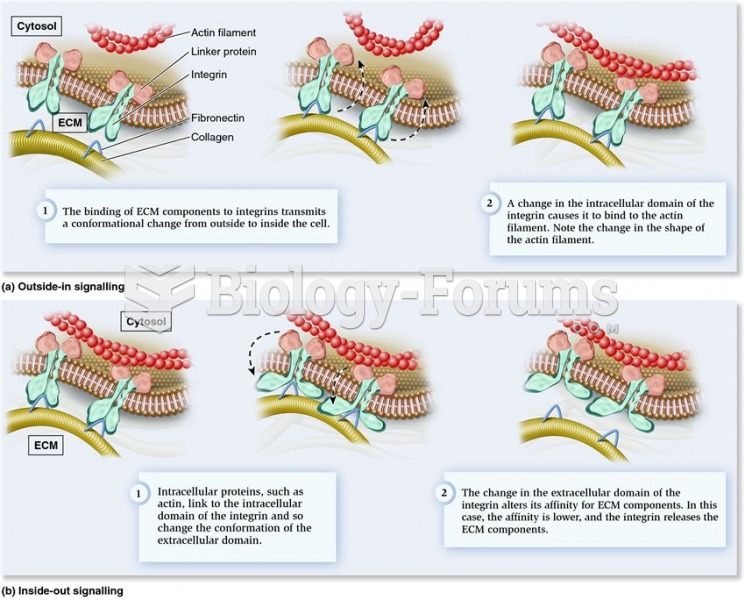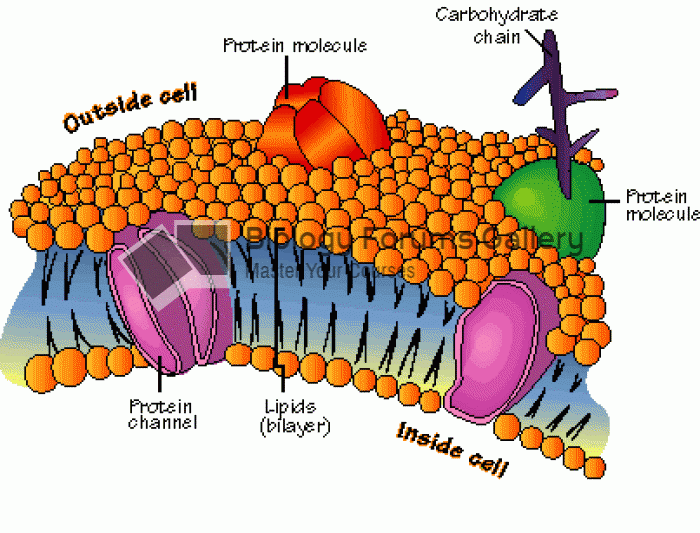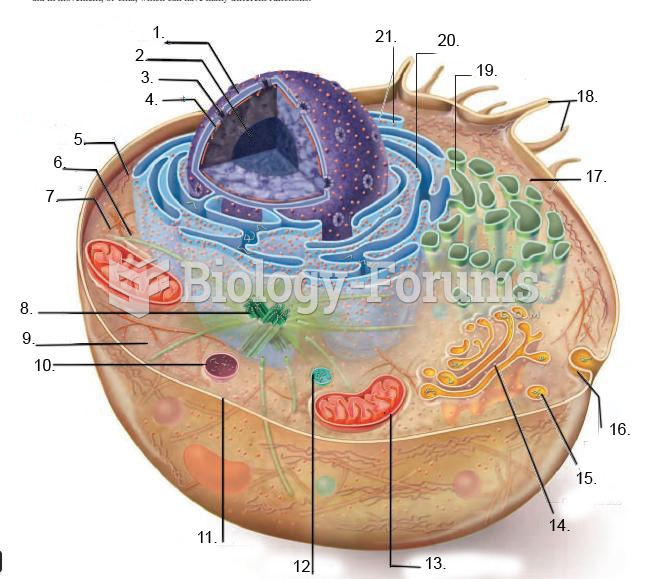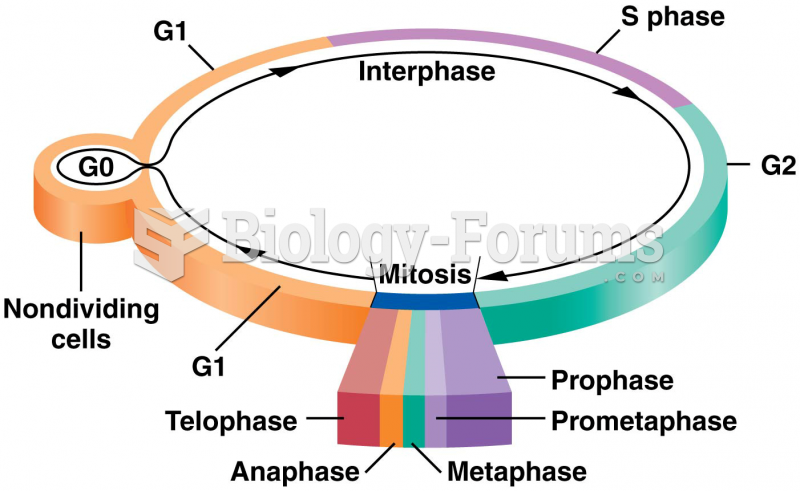|
|
|
Did you know?
Medication errors are three times higher among children and infants than with adults.
Did you know?
You should not take more than 1,000 mg of vitamin E per day. Doses above this amount increase the risk of bleeding problems that can lead to a stroke.
Did you know?
Vaccines prevent between 2.5 and 4 million deaths every year.
Did you know?
Many medications that are used to treat infertility are injected subcutaneously. This is easy to do using the anterior abdomen as the site of injection but avoiding the area directly around the belly button.
Did you know?
There are 20 feet of blood vessels in each square inch of human skin.


